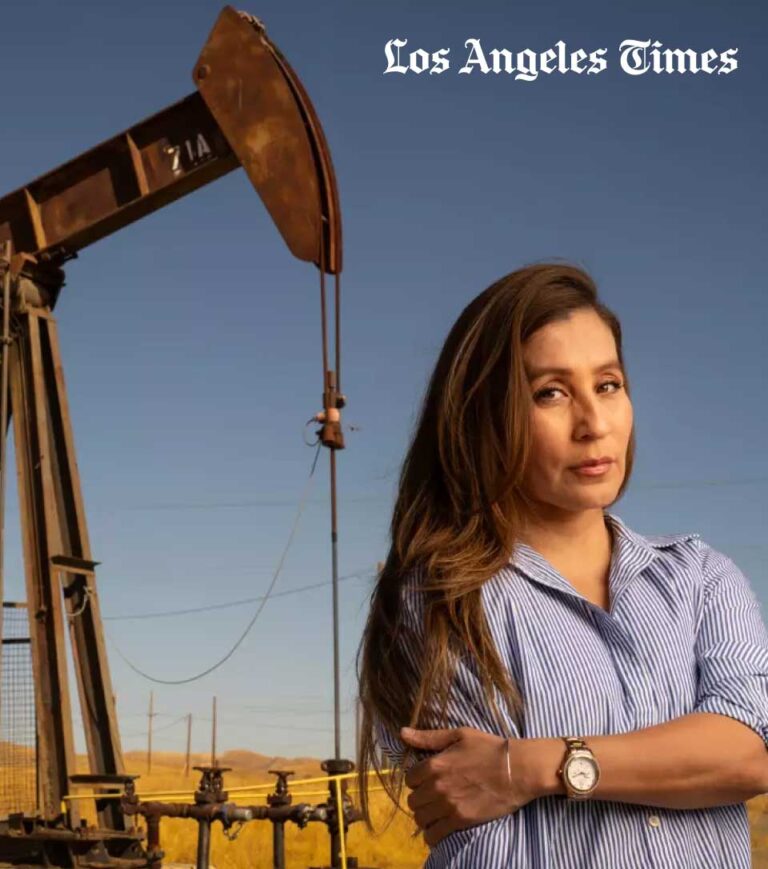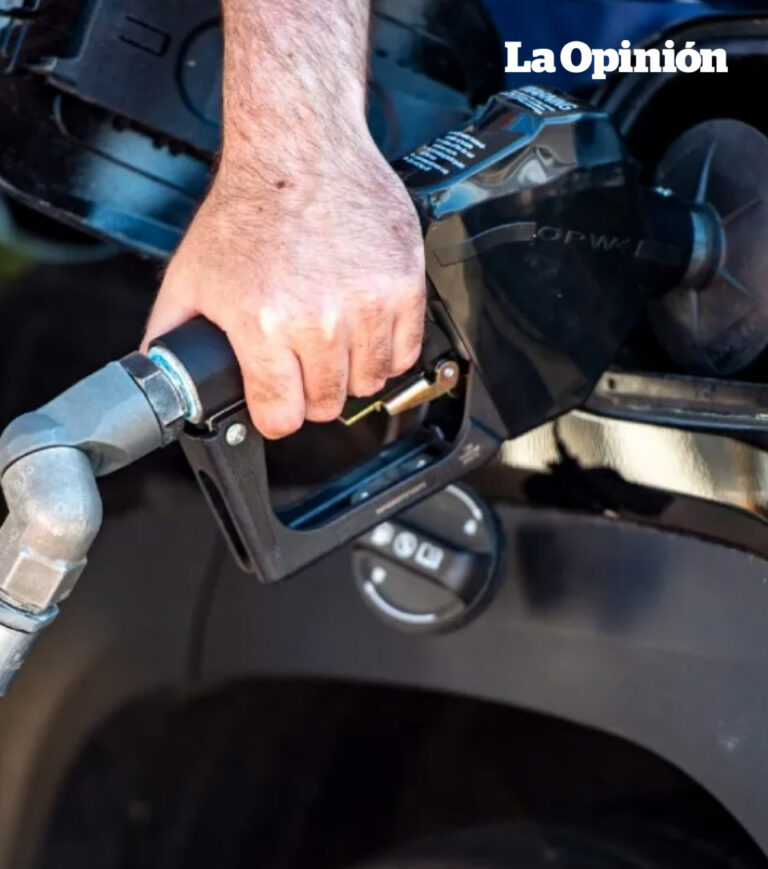
THE LEGISLATURE AND GOVERNOR MUST DEMONSTRATE THEIR WILLINGNESS TO HOLD BIG OIL COMPANIES ACCOUNTABLE AND PASS AB 1167
In this column we have repeatedly denounced the enormous damage caused to the population by the small oil wells that swarm in thousands throughout California, even within population centers. The poorest, the communities of color, are especially harmed, those who do not have the opportunity to choose a better location that is not close to where these toxic gases are produced.
Living near wells leads to respiratory problems such as asthma and adverse birth outcomes, as much or worse than living next to a freeway or being exposed to secondhand smoke every day.
California has identified 5,540 wells that are disused or in diminished use, have no viable operator, and could cost $500 million to clean up. The oil fields beneath the earth have dried up or are in the process of drying up. Currently, the practice of companies exploiting the wells of selling them to others, which try to obtain enough mineral to cover their expenses, is widespread.
Once the wells reach the end of their life, they must go through a specific cleaning process to close them, without which they can leak methane and harmful chemicals into the groundwater. But the new owners do not have or do not want to invest enough money to take care of the process. When confronted with the situation they simply declare bankruptcy and avoid taking responsibility. It is true that at the time of obtaining the license to drill and exploit the oil, the companies paid a bond as a deposit, but the amount they advanced is ridiculously insufficient.
The California Council on Science and Technology (CCST) estimates that the average cost of cleaning a well in California is $68,000. And what the companies paid is around $200.
After those who profited from the oil simply leave the scene, the community must pay a fortune. The thing is that the community cannot withdraw from the scene, families live there, often African-Americans and Latinos. This means that our people pay for these wells twice, the first with their health and the second with money that would be theirs to improve their lives.
This is the situation that bill AB 1167, the “Orphan Well Prevention Act”, by Assemblywoman Wendy Carrillo, who represents Los Angeles, wants to prevent.
If passed, the law would prohibit the transfer of a well unless the transferee provides financial guarantee to pay the full cost of its cleanup.
“This bill only applies to wells that are being sold,” Assemblywoman Carrillo told La Opinión, “and increases the amount of bail that must be posted, but only on wells that are most likely to be orphaned.” , which are those who are already inactive or are producing very little.”
AB 1167 is in the decisive stages of voting, having passed the Assembly and opened debate in the state Senate. Voting there will begin this Tuesday and the law must be approved before the end of the sessions on Thursday. If approved, it will go to Governor Gavin Newsom’s office, whose decision will determine the final result. “The city of Los Angeles has many orphan wells,” Carrillo said in an email in response to our question. “In my district alone, along with Echo Park, Dodger Stadium and surrounding communities, once known as the Los Angeles City Oil Field, there are nearly 200 orphan oil wells that continue to harm the health, well-being and safety of residents.” Unfortunately, the Western States Petroleum Association (WSPA) and the California Independent Petroleum Association (CIPA) have been lobbying vigorously to thwart the law, and surprisingly, last week received support from the state government’s Department of Finance. from Governor Newsom.
If state senators and the governor want to demonstrate their commitment to protecting communities living near these polluting oil wells, and their willingness to hold big oil companies accountable, they should support Assemblywoman Carrillo’s Orphan Well Prevention Act.
We hope it is.




